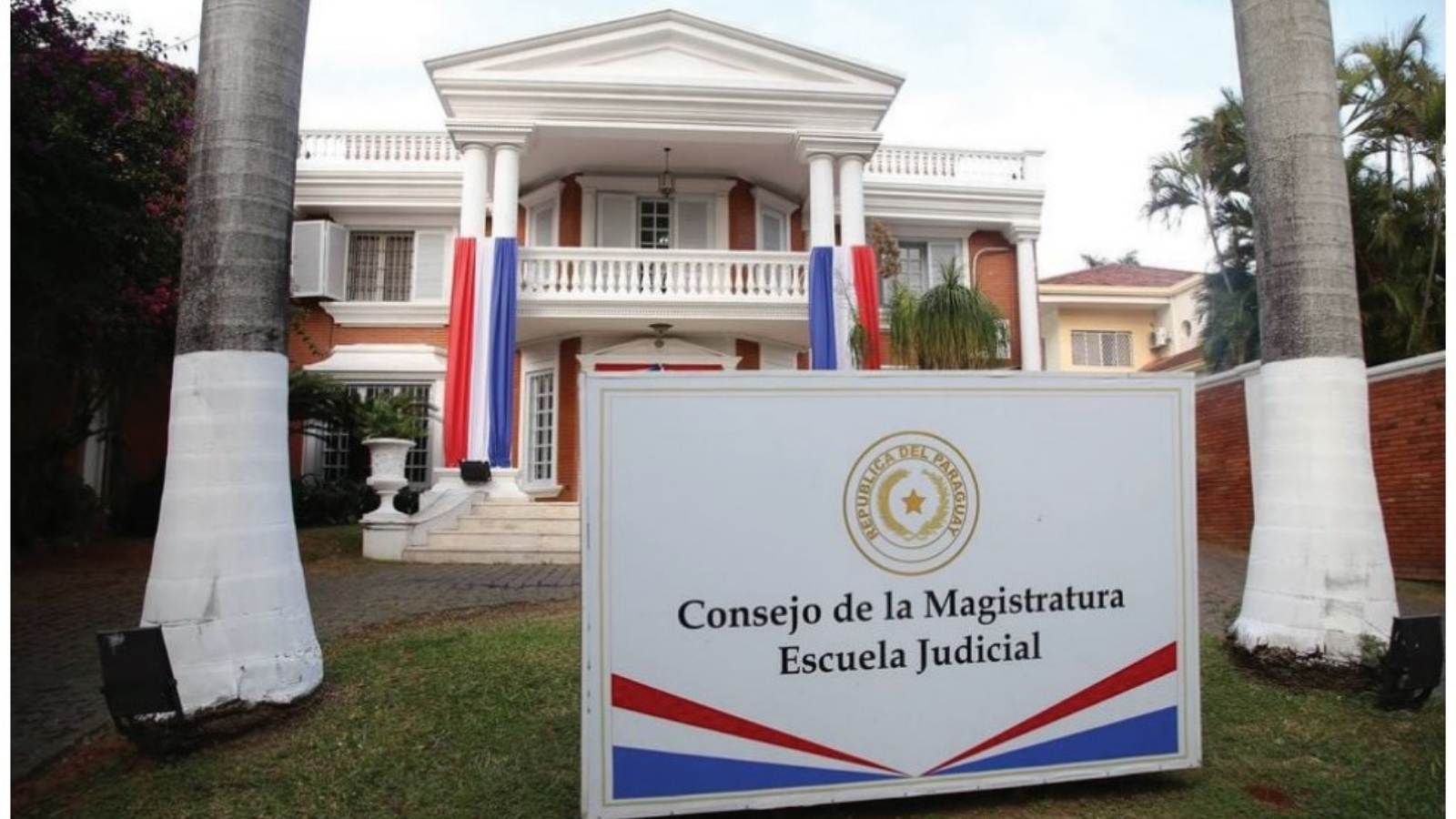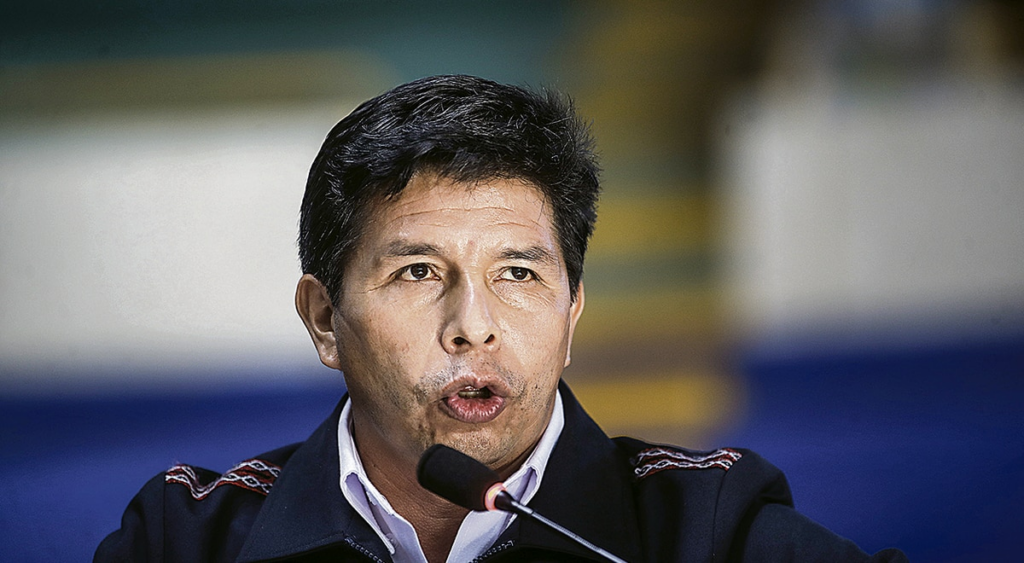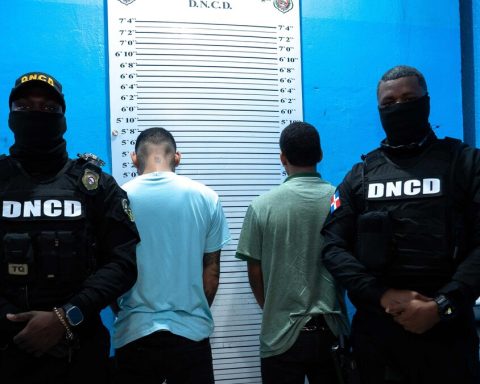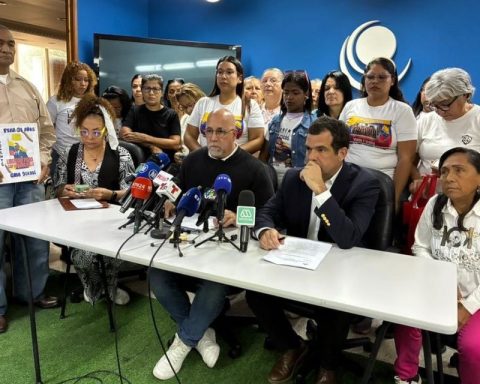It is notable that they demand accountability from the applicants but do not lend themselves to the same criteria. For example, they do not make the knowledge test public after it is finished, since it would show the multiple claims to incorporate topics and materials not included in the thematic axes that they impose.
Appropriating the simple scoring methodology, adding points for supposed achievements, but unequal and not necessarily relevant to the charges filed. It is not clear why they assign the points the way they do.
There are more rigorous master’s degrees than degrees bought abroad, as was done by a rejected applicant who bought it in the Caribbean. Being apostilled is not legitimate, it is being registered under the changing laws of different national jurisdictions.
In an era where data, laws, and regulations are available on any smartphone, memorization is required that makes one think of knowing theological texts and not their interpretation, which is what matters.
The letter of the law is clear and available, it makes no sense to demand memorization, but understanding of what is written, being able to unravel the spirit of the law is key.
Modern pedagogy, which produces a public official trained to make informed decisions based on theory, practice and facts, is to understand, comprehend, apply, discern and not repeat what is in a reference document.
The Council of the Judiciary hardly avoided the problem of corruption, of allowing those who ultimately vote for a position to stand for those positions without having a conflict of interest, (if a Senator cannot be part of a list where his peers vote ).
These two selection processes would be declared unconstitutional due to serious shortcomings of the process, transparency, and suitability with the commitment, or of selecting the best and not the most favored or that have memory photographic capacities, deep pockets, political debts, and a long series of illegalities in its name that stain its ethical and moral value.
There are also several technocrats in the competition and they are misrepresented for their knowledge. Do those who judge want to have ignorant people in positions of importance that guarantee the democratic process and justice? Could be.
There is a long history of caricatures that have public positions and do not even know how to use the telephone to refer to the law that they have to implement. A technocrat is not being apolitical, but he is a person prepared to use judgment and reason and not false loyalties, not to the principles of a party that are honorable in Paraguay and are at the service of the population.
Let us not confuse moral honesty with the loss of prestige of someone who only cleans up what they are ordered to do (the distance between someone who lies to win a public position and someone who lies to “cleanse a people of its impurities with authoritarian actions is morally null”). Paraguay has cleansed itself of the dictatorship, but it is still dirty with corruption, arrogance and impunity in the public sector.
The honest public official is so because he honors his principles and not the check that is deposited for standing up to what has no name in a democracy: lies, partisanship without conscience and being a lawyer and not a defender of the truth. , Constitution and regulations.

















